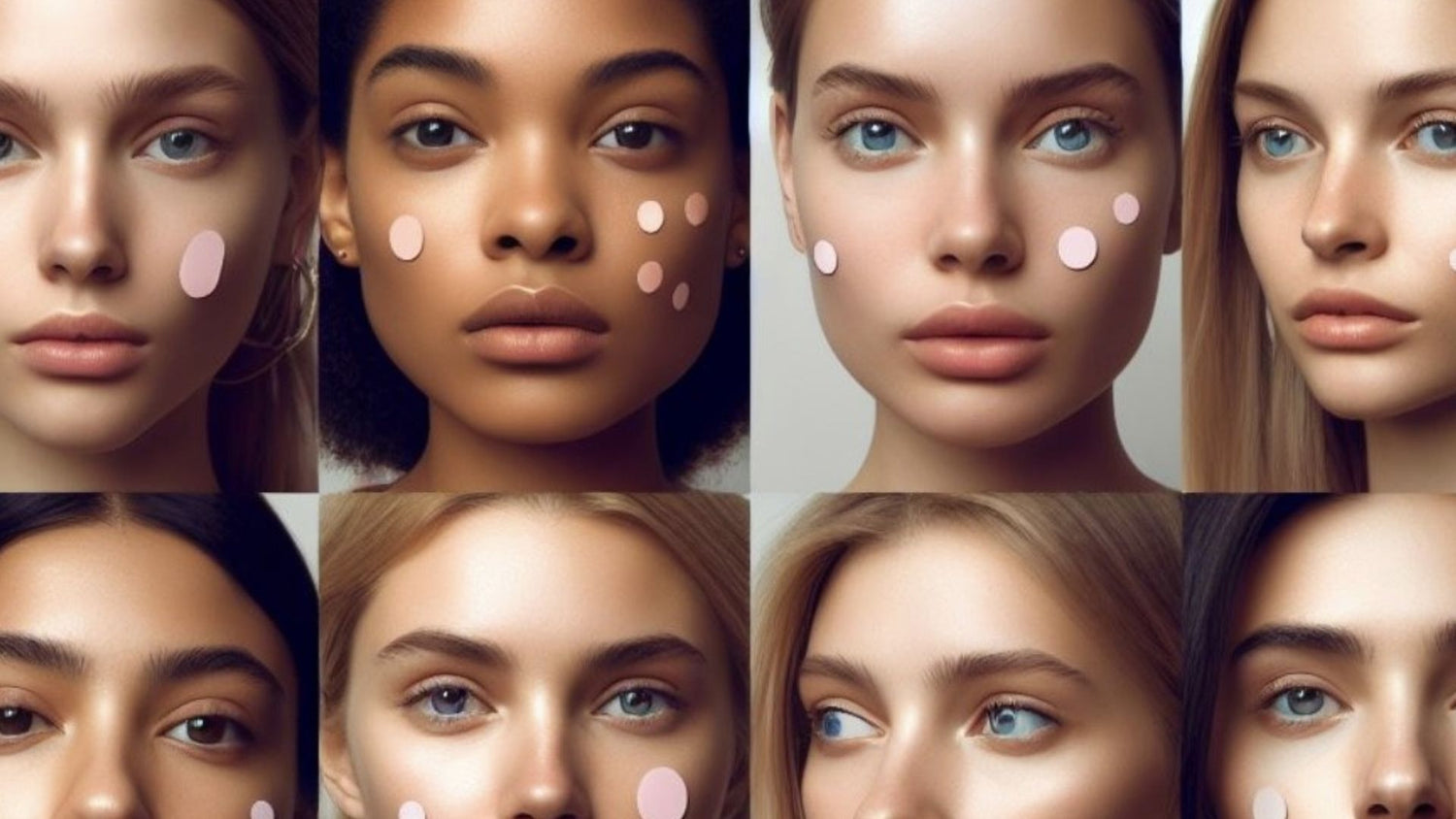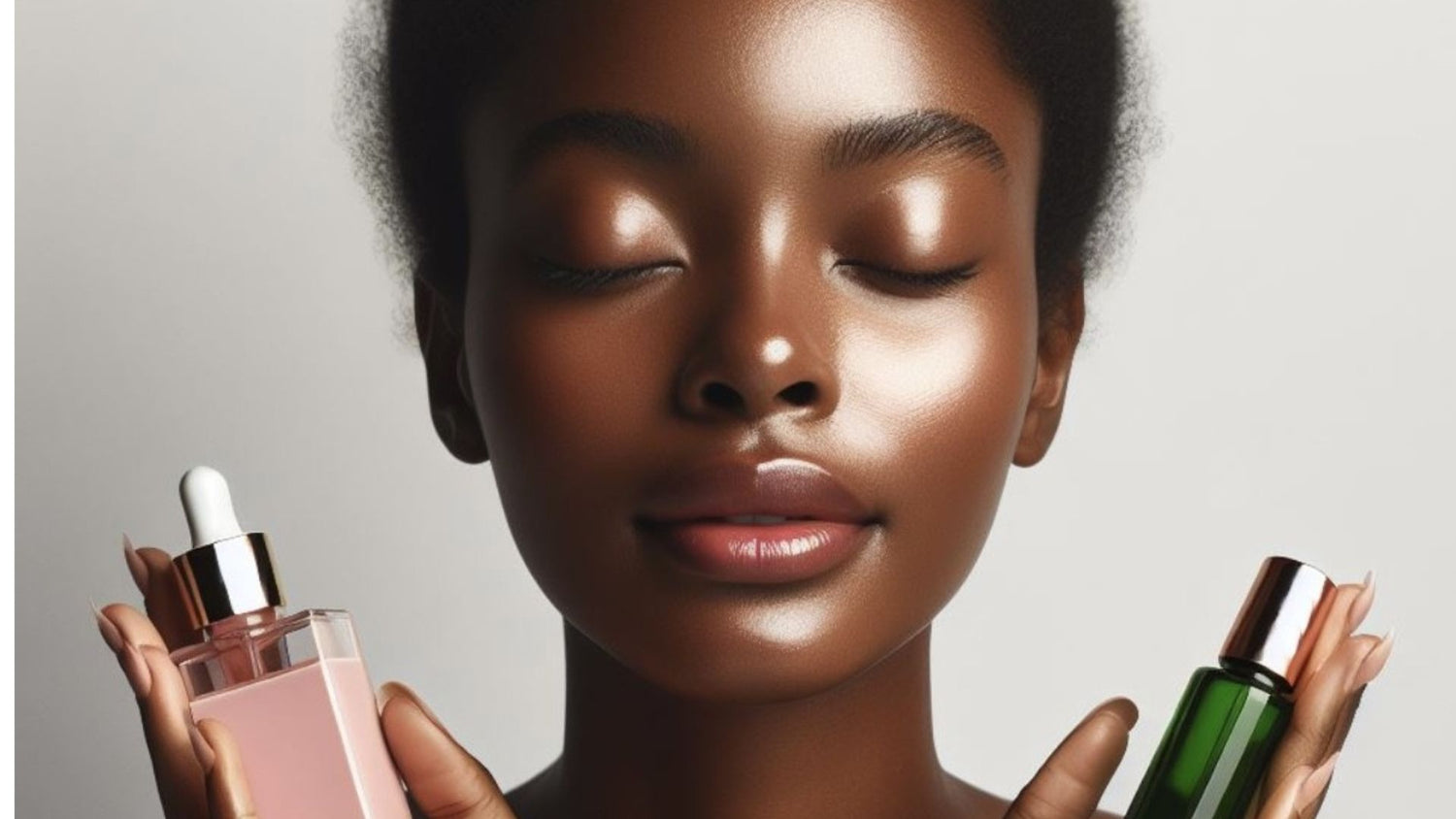As we enter a new year and winter weather in full force, our skin can become very, very dry. But some of us are prone to more serious skin conditions such as Eczema. To help us find out more about this condition, we reached out to board-certified dermatologist Dr. Adam Geyer for a Q&A.
BeautyStat: What is eczema?
Dr. Adam Geyer: Eczema is a general term that describes inflamed skin, commonly used as a synonym for dermatitis. There are, however, many causes and forms of eczema. They are all linked by the symptoms that are observed ie skin that is itchy, dry, cracked, and inflamed.
The most common forms of eczema are:
– atopic eczema – a form that commonly start in childhood, has a genetic component, and is more frequently seen in individuals with asthma and hay fever.
– contact eczema (contact dermatitis)- this comes in 2 forms:
1) irritant eczema (resulting from exposure to products and environmental conditions that break down the skin barrier and cause irritation)
2) allergic eczema (resulting from contact with a substance that causes a true skin allergy in susceptible individuals – i.e. poison ivy, latex)
– xerotic eczema – a form related to dryness of the skin, worse in winter and in sites prone to dryness, such as the lower legs, forearms/hands, and the torso. This form is more common as we age.
BeautyStat: What is the single most important thing I can do to make eczema better?
Dr. Adam Geyer: The key to treating eczema, regardless of the type is to work to restore the skin barrier. Moisturizing helps not only to hydrate the skin and prevent water loss, but also to re-establish the skin’s defense system to prevent irritants and allergens from entering the skin to create further itching and inflammation. It cannot be stated strongly enough that the most important step in treating eczema is to moisturize, moisturize, moisturize!
BeautyStat: How do I decide what type of product to use?
Dr. Adam Geyer: Moisturizer selection should be adjusted according to environmental conditions and the severity of eczema. In general, the thicker the product the better. Lotions tend to have a higher water and may not be as emollient. Creams tend to have more of an occlusive effect – that means that not only do they add moisture to the skin, but they prevent water from evaporating and they lock-in moisture.
BeautyStat: When is the best time to apply these products?
Dr. Adam Geyer: Moisturizers are most effective when they are applied after a shower or bath- make sure to pat the skin dry, don’t rub it vigorously. Leave a little bit of water on the skin and apply the product liberally, from the neck down. A separate facial moisturizer should also be applied as the thicker products designed for the body can often clog facial pores.
BeautyStat: What are some eczema treatment tips?
Dr. Adam Geyer: Take shorter, more temperate showers and avoid standing in the direct stream of hot water for an extended period of time as it can significantly dry your skin… even though it can initially feel good!
Get a humidifier for the bedroom at night – increasing the ambient humidity, especially during winter, can help prevent over-drying of the skin.
Pamper yourself ! It is not just folklore that stress makes eczema worse. Many studies have confirmed the negative impact that stress can have on the skin. If someone is prone to eczema, stress can have a major impact. Conversely, stress reduction measures have been shown to positively impact the severity of eczema.
Avoid fragrance when your skin is inflamed. Not only could the fragrance be the potential culprit (if allergic) but you are more likely to develop future allergies to that fragrance if applied repeatedely to inflamed and cracked skin.
Finally, in terms of cleanser, make sure to use a mild, gentle cleanser and avoid over-washing. Detergents and soaps can strip the skin of its natural oils. This wears down the skin barrier and can make eczema worse. I am not saying don’t use a cleanser in areas that need it (groin and armpits) but make sure to minimize the amount applied, the duration of washing, and choose a hydrating, mild cleanser.
BeautyStat: What are some product recommendations?
Dr. Adam Geyer: Kiehl’s Creme de Corps is a favorite of mine for the body.
CeraVe Cream and cleanser are both ceramide rich products that are helpful in restoring the skin barrier and food for all skin types.
BeautyStat: When do I know if I need to see a dermatologist?
If you have tried all of the above measures and you have skin that is persistently red, itchy, dry, or inflamed, it is a good idea to make an appointment to see a dermatologist. In addition to reviewing your products to make sure you are using a regimen appropriate for your skin, they can decide whether you need a prescription medication (like a topical steroid), and can review your basic skin care habits to make sure that you are doing everything you can to improve your skin barrier function and let your skin heal. Unfortunately, there is no true “cure” for eczema so it is important to realize that a good approach to skin care, more than any individual prescription or topical product, is the key to keeping your skin healthy and eczema free.
– BeautyStat editorial staff
Dr. Adam Geyer is a board certified dermatologist specializing in medical and cosmetic dermatology. He has served as an advisor to numerous skincare companies, including Hydroderm, EmerginC, and Kiehl’s. See more info on Dr. Geyer here: AdamGeyerMD.com
For more giveaways and contests, sign up for our newsletter HERE.
If you like this post, share it with your friends and give it a LIKE on Facebook.







